Happy May! With the weather getting nicer here in Wisconsin, many of us are taking our dog to the park, and sometimes off-leash dog parks as well. In the Milwaukee area, there are a number of parks through the Milwaukee County Parks system that you can learn about here.
No matter where your park is, here are some valuable safety tips from the Behavior team here at WHS. Original post is here.
“A dog park is like a cocktail party, where you don’t know anyone and everyone is drunk. You could have fun, but it could be a disaster.” - Trish King
When dogs play in groups please consider:
Age
- Dogs of similar age will have similar play energy.
- Dogs reach social maturity between 2-3 yrs. You may see a change in play and social interactions around this time.
Breed
- Dogs within a breed group tend to have similar play styles.
Size
- Some can be leery of much larger or much smaller dogs.
- If the play styles match, size matching is not as big a concern.
Gender
- Dogs can play with both same gender and opposite gender partners, however do not match up unaltered opposite sex matches. Female dogs in heat are less tolerant of dogs and should not go to the park. Intact adult males can also be intolerant of playful adolescents.
General Breed Group Play Styles:
Companion: By far one of the most diverse groups, this group is generally smaller in size and playful among other companion size dogs. These dogs are known for their desire to be with people so if given a choice they may choose a human play partner.
Guardian: This group tends to be serious in nature and mature quickly, but you will still find this group playful as adolescents. They tend to physical, mouthy and vocal during play.
Herding: This group loves to play chase, but please don’t touch me ! Nipping heels or butts is as physical as they like to get.
Northern: This group tends to be vocal, physical with paws and body, mouthy and engage in chase games. They tend to be playful well into adulthood.
Scent Hound: This group will come and go into play groups with the wind. Easily distracted by smells they may choose to investigate rather than join in a wrestling match. When they do engage in play, tend to engage in chasing, wresting and barking!
Sight Hound: This is one of the more sensitive and quieter groups. As puppies they will engage in chase, as adults they are less playful with other dogs and tend to watch the horizon for possible game.
Sporting: This group loves to play, even as seniors. Sporting dogs are mouthy, wrestle and enjoy a good chase. Overall, they are a physically “insensitive” group.
Terriers: This group can be independent and may or may not enjoy a play group. If they do engage in play it may include all of the styles listed above.
Bully Breed: This group loves a good wrestle. They are rough with their paws, body and mouth. They are also quite vocal in play.
Remember each dog is an individual and mix breed dogs may show a combination of play styles.
Dog Park “Do’s and Don’ts”
Trish King, CPDT, CDBC – APDT Chronicles of the Dog, Vol. XI, No. 6
Do:
- Do check out the entrance before entering to make sure dogs aren’t congregating there.
- Do pay close attention to your dog’s play style, interrupting play if necessary to calm your dog down.
- Do move around the park so that your dog needs to keep an eye on you.
- Do remove your dog if the dog appears afraid.
- Do remove your dog if s/he is bullying others.
- Do respect your dog’s wish to leave.
- Do leave special toys at home to avoid resource guarding problems.
Don’t:
- Don’t allow your dog to enter the park if there is a “gang” right next to the entrance.
- Don’t believe that dogs can “work it out” if you just let them do so.
- Don’t congregate at a picnic table or other area and chat with other dog guardians without watching your own dog.
- Don’t let your frightened dog remain in the park and hope things get better.
- Don’t listen to advice from other attendees in the park, who may not understand your dog’s needs.
- Don’t assume a dog is aggressive when he is only trying to communicate his discomfort.

